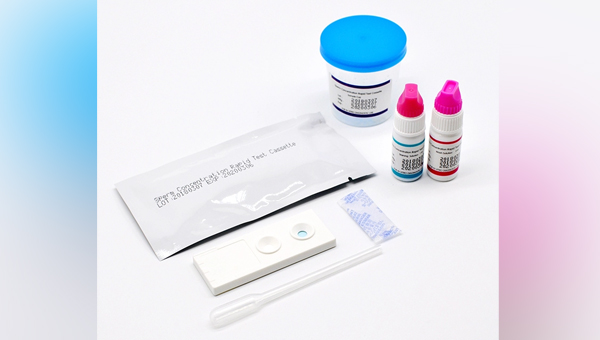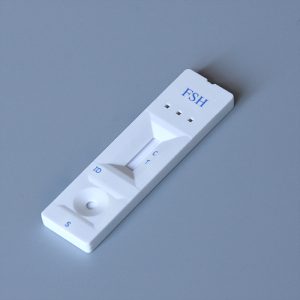If you and your partner are trying to conceive, you may wonder about your sperm count and quality. A low sperm count, also called oligozoospermia, is where a man has fewer than 15 million sperm per millilitre of semen. Having a low sperm count can make it more difficult to conceive naturally, although successful pregnancies can still occur.
One way to check your sperm count is to use a home test kit. These kits are available to buy from pharmacies or online, and they claim to indicate whether your sperm count is normal or low. But how reliable are these kits, and what should you expect when using them?
There are different types of home sperm test kits, but they all work by detecting a protein called SP-10 that is present in the head of mature sperm cells. The kits usually come with a collection cup, a testing device, and a dropper. You need to collect a semen sample by masturbating into the cup, wait for it to liquefy, and then use the dropper to transfer some of the sample to the testing device. Depending on the type of kit, you may need to add a buffer solution or a dye to the sample before testing.
The testing device will show a result after a few minutes. Some kits use a color change or a line to indicate a positive or negative result, while others use a smartphone app to display the result. A positive result means that your sperm count is above 15 million per millilitre, which is considered normal by international guidelines. A negative result means that your sperm count is below 15 million per millilitre, which is considered low.
However, you should be aware that home sperm test kits have some limitations and drawbacks. For example:
– Although research by the manufacturers suggests these tests can give an accurate indication of sperm count, they have not been extensively studied by independent sources.
– Some home test kits only measure the number of sperm, not other factors that can affect fertility such as how well the sperm can move (motility), how healthy they are (morphology), or how much DNA damage they have.
– Some home test kits may give false results due to human error, contamination, or variation in semen quality over time.
– Some home test kits may not detect very low sperm counts or azoospermia (no sperm at all), which require more sensitive tests.
– Some home test kits may give false reassurance or false alarm, as sperm count is not the only factor that determines fertility. Other factors such as age, lifestyle, medical history, and female fertility also play a role.
Therefore, if you are concerned about your fertility or have been trying to conceive for more than a year without success, it is better to see your GP or a fertility specialist for a proper semen analysis at an accredited laboratory. A semen analysis can provide more comprehensive and reliable information about your sperm count and quality, as well as identify any underlying causes or problems that may affect your fertility.
Home sperm test kits can be useful as a first step or a screening tool for men who want to check their sperm count at home. However, they are not a substitute for professional advice and diagnosis. If you have any doubts or questions about your fertility or using home sperm test kits, you should consult your doctor or a qualified health professional.





